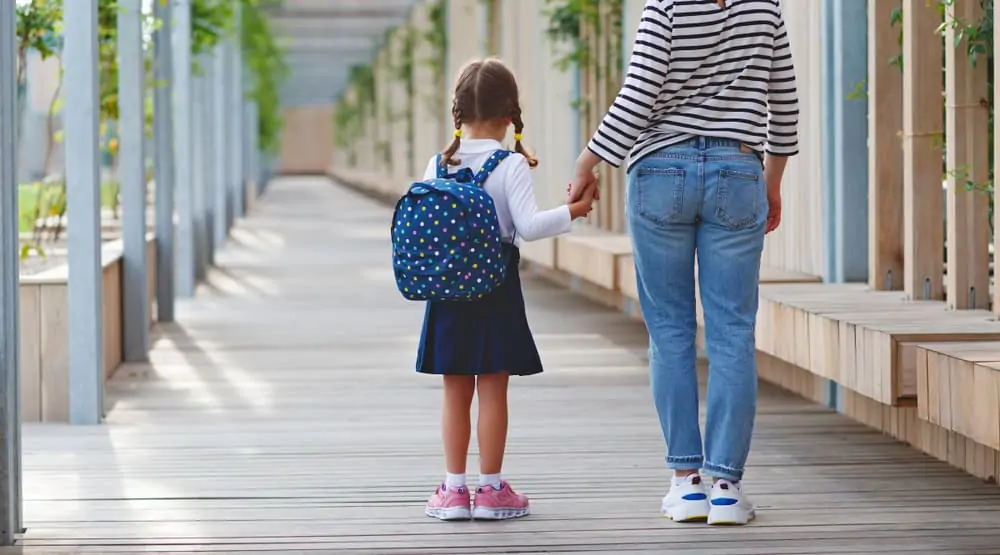When School Is Not Fun For Anyone

Beginning school is a key milestone in the life of every child, parent and guardian but opportunities for emotional upheaval for every member of the family abound. Changes to routines, expectations, relationships and skills development are all up for grabs. Not only for the newest Preppie, but for siblings, parents, grandparents and other carers whether foster, kinship or guardians.
Starting school can be an intensely positive experience of course as new friendships are formed, skills are learned, children’s gifts have new outlets for exploration, and structure is provided by the schooling day. For many though, it can have some unexpected challenges. Navigating new social groups and working out what is expected in this new environment can be significant challenges for some children. For parents, the joys of schooling can become lost in an endless merry-go-round of washing uniforms, packing lunches, missing shoes and socks, not enough time for home readers and sight words, pressure over bedtimes and the fight to find something healthy to go in the lunchbox.
Added challenges exist for parents of children identified as having emerging or diagnosed difficulties. The children who scream though hair brushing, can’t keep their shoes on their feet to save themselves, or who refuse to wear the new (so scratchy) uniforms. Those who are marched out to the school gate each afternoon by a despairing teacher at wits end after a day of disrupting the entire class’ learning. Those who simply don’t seem to “get it.”
School can be the best and the worst of experiences for both parents and children. What can you do to come to terms with the worst of it so that both you and your children can enjoy the best.
After working through this with my own four children, I suggest these strategies as a start. Parents with Preppies, older children and those starting school in the coming years will appreciate these.
- Remember you can only do what you can do – stop looking at everyone else
- Take the pressure off – what could make every day simpler or easier?
- Focus on routine – this will bring security to your child and a sense of knowing what to expect for yourself
- Use visuals for the whole family – a visual day schedule; a visual morning routine; a picture at the front door of what your child needs to take with them to the car/bus/school; a picture on the fridge of what needs to happen when they get home (lunchbox on the kitchen bench; uniform in the wash; water bottle in the sink; homework on the table)
- Talk to the teaching staff – they are part of your team now. Your child needs you to have a decent relationship with them
- If it all seems too much, ask for help (your school principal would be a good place to start)!
Even when it is hard, school is marvellous and you are surrounded by a whole network designed to help you and your child succeed!


